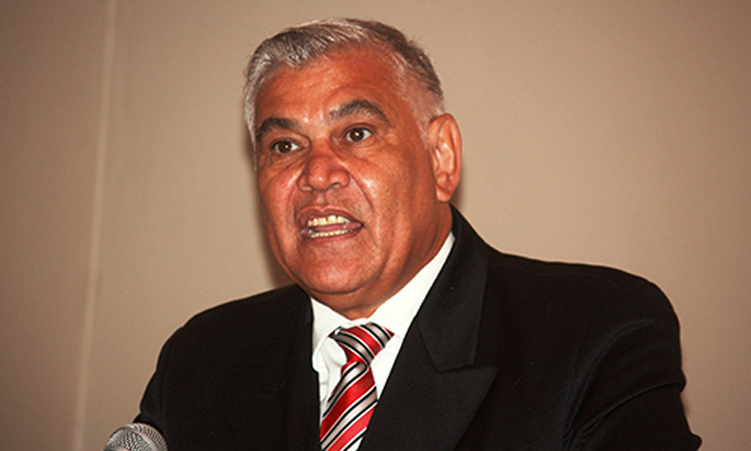When news was doing the rounds about the delayed release of manifestos by political parties, I remarked to a colleague that we should not look at pie in the sky promises guaranteed to be made in the manifestos, but rather at the proposed mechanisms to realise those promises.
Low and behold, once the manifestos came out, they amounted to nothing more than a dreamy wish list of what the parties perceived the voters to want without any concrete details on how to achieve what was promised.
Ideally, the voter should be given sufficient time to read, study, analyse and compare the different manifestos to arrive at a truly informed decision on where to cast their vote.
The fact that all political parties and formations, without exception, launched their manifestos less than two months before the election date implicitly indicates that a political manifesto, for the political constellations in Namibia, is an afterthought.
The flimsy reasons for the delayed launch of manifestos were pitiful and laughable. All parties had close to five years to observe the national trajectory needing fixing and devise programmes to redress this.
Even the ruling party needed to touch up its manifesto.
The fundamental issue that baffles me is why political parties or groupings are formed in the first place.
The inference is that your mere existence as a political party should be founded on a clear approach and plan of action on how to change the situation for the better, should you be given the mandate.
Why not formulate your founding principles, approach and strategy into a manifesto rather than a last-minute scrabble to polish unrealistic pledges?
Following the launch of manifestos, some of which were launched in speeches without any document being distributed, the parties made no effort to sell their programmes of action to the masses attending their ‘sing-and-dance rallies’.
Hardly any physical copies of manifestos were distributed at such rallies.
There is a clear recognition that the largest voting block is the youth. This is a demographic that, while literate, does not rely on traditional media for news. They rather get their information from social media platforms. Any party targeting the youth vote would have prioritised making their manifesto available online.
Instead, it was Namibia Fact Check that endeavoured to make all manifestos easily accessible.
Clearly, the parties are not serious about building their campaigns around their own manifestos.
With all parties merely making promises without detailed action plans, little separates them.
The voter is hard-pressed to make an informed decision about who to vote for. What is worse is that none of the parties have principled stands and standards.
All they are interested in is garnering votes by any means. This is why they would welcome any member – including those who reprimanded them and whom they ostracised – that makes a U-turn to rejoin after insulting the party functionaries.
Political office has been reduced to an employment opportunity – even for disgraced former public office bearers who find themselves without work.
On what basis were voters expected to make a decision?
Jack Kambatuku
Stay informed with The Namibian – your source for credible journalism. Get in-depth reporting and opinions for
only N$85 a month. Invest in journalism, invest in democracy –
Subscribe Now!






